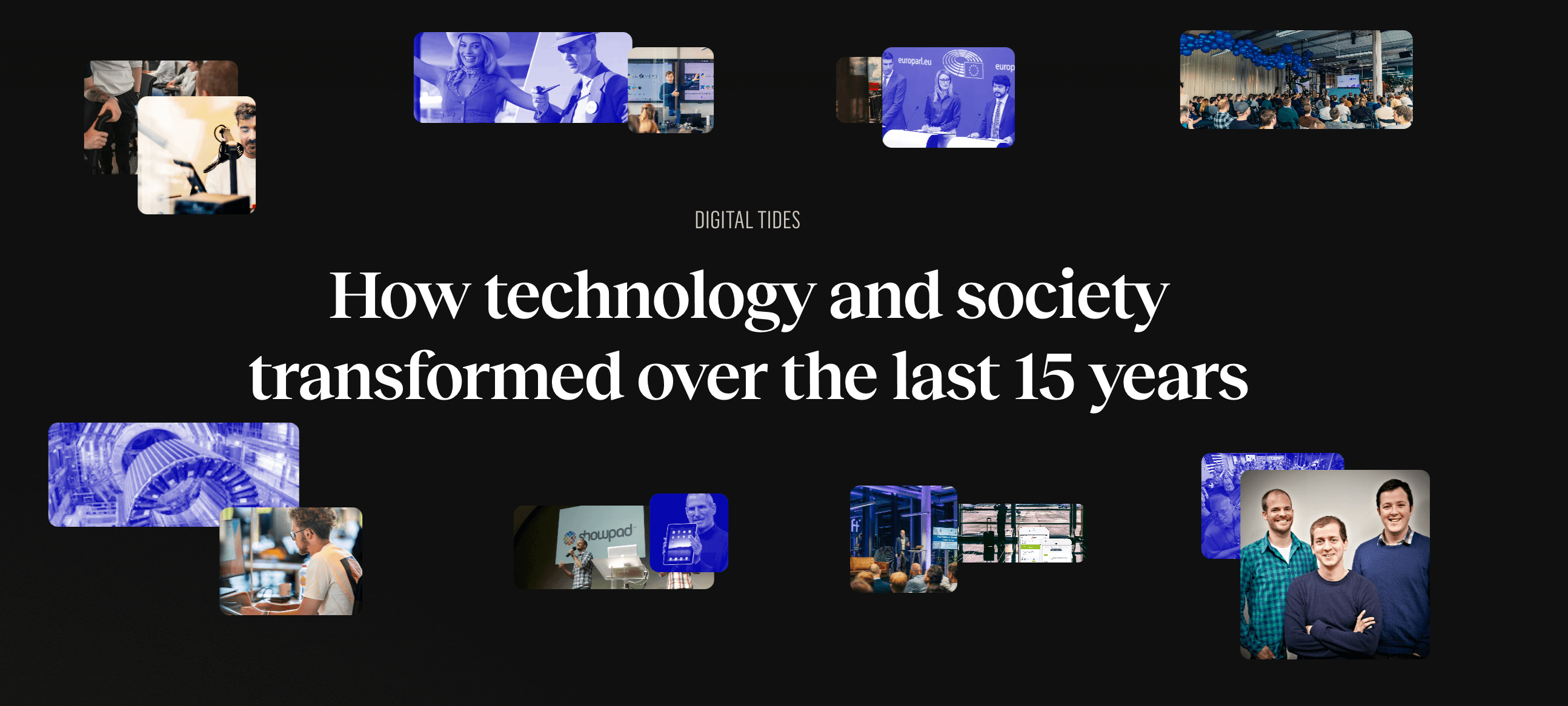The life science industry and technology are inextricably intertwined. Groundbreaking progressions in the field of Artificial Intelligence (AI) already influenced the sector for the better and will continue to do so. Increasingly more medical appliances and processes will make use of the automation possibilities AI has to offer and we can only applaud that evolution.
Looking ahead, we want to zoom in on three trends that, according to us, will continue to cause a stir in healthcare and life sciences in the coming year.
Improving clinical trials
Amid the global race for the COVID-19 vaccine, improvements in the clinical trial process are more urgent than ever. The recruitment of candidates traditionally involves a lot of manual screening. A time-consuming process with a lot of margin for AI to change the game.
Because screening candidates mainly involves analysing textual data, Natural Language Processing (NLP) models, combined with machine learning algorithms, can significantly speed up the recruitment process. Here’s how:
- Language models can plough through medical records to search for patients that perfectly fit the description for a clinical trial.
- Another class of models is even able to learn from previous enrolments to assist in future patient recruitment processes.
- Additionally, we expect to see a new generation of chatbots that dynamically generate qualifying questions to determine whether a person could participate in a clinical trial.
The proof is in the pudding. The research department of Cincinnati's Children’s Hospital Medical Center designed and tested a new process of automated candidate screening, fueled by AI algorithms. This led to the reduction of manual screening by 34% and an improved patient enrolment of 11%.
There is, however, still a bridge to cross. The gap between the formal language used by authorisation bodies (like EMA) and the concise doctor’s language in medical records, needs to be tightened. Given that we have AI technology able to abstract 104 different languages in a single Language Model, now is the time to permanently close this gap with the latest NLP technology.
Read more on how AI and NLP can boost clinical trials in this excellent article from Nature.
Introducing Intelligent Control Arms
Intelligent Control Arms is a mouthful, but in simple terms it’s the digital twin of a patient in a clinical trial, serving as a control group. A standard clinical trial consists of a group of people who receive the treatment and a group who gets administered a placebo. By measuring the outcome between both groups (also called ‘arms’), scientists can draw conclusions on the effectiveness of the treatment.
By creating a digital doppelganger of a participant, Intelligent Control Arms form an attractive alternative to a classic control group. Based on a lot of medical information, measurements and biomarkers, an AI model can accurately simulate and forecast the development of a patient in the control arm.
Besides lowering cost and saving time, the use of Intelligent Control Arms (almost) eliminates the need for a placebo-administered control group. Knowing that the fear of being assigned a placebo is one of the top reasons why patients opt-out of a clinical trial, this leads to an increase in patient enrolment.

Fact check:
This alternative indeed sounds very exotic, yet US-based Unlearn.ai is making this a reality. They demonstrated this concept in studies on Alzheimer’s disease. Like all good things, the advantages come in three:
1. The control arm would recruit fewer patients, shortening the recruitment process and making the overall clinical study less costly. (did you know the average cost of recruiting Alzheimer patients in a phase 3 trial is around 40,000$/subject?)
2. Increased study power as all patients in the treatment arm have a direct link in the control arm, leading to less variability.
3. The digital twin informs patients about their personal response to the treatment, which is currently impossible. It drastically alters the UX of participating in a clinical trial, which boosts enrolment in clinical trials.
Leveraging AI to create models for disease progression and patient’s digital twins is wildly promising. Given the long life cycle of clinical trials, we expect this trend to further mature and evolve far beyond 2021.
Optimising patient care
Next to the improvement of clinical trials, we also believe that AI will be increasingly beneficial for patient care. Life science is a text-heavy industry. Think of patient records, scientific papers, or pharmaceutical reports - a pile of unstructured text data, waiting to be processed by the rapidly advancing NLP algorithms.
The algorithm’s ability to search, analyse and interpret vast amounts of patient data accumulated over a patient’s life and within different practices will undoubtedly improve patient care in the future.
NLP algorithms could also pave the way for remote healthcare solutions. Scenarios where AI co-assists management of patient records would allow patient follow-ups beyond the scheduled consultations.
Babylon health and Ada health are two startups working on solutions that enable rapid and remote diagnosis. They provide apps that ask physician-like questions to identify symptoms, map them to a knowledge base, and progressively understand the underlying causes. In case of doubt or severe illness, the app connects the user with real doctors for a remote consult.
.avif)
The year of AI?
Maximising patient outcomes and providing the best medical care is a timeless goal for anyone who works in healthcare. AI technology opens up new space to develop solutions that get us one step closer to that goal. Here, we just explored three ideas, but there’s a whole set of digital products waiting to be made. We’re looking forward to shipping this technology in 2021!
.avif)






.png)
.avif)